
Why is it difficult for foreign-born entrepreneurs to start businesses in today's America?
From Google to Tesla, immigrants have built some of America's biggest and most valuable companies. But it is now getting tougher, and may even become impossible for the next-generation of immigrant entrepreneurs to carve their niche
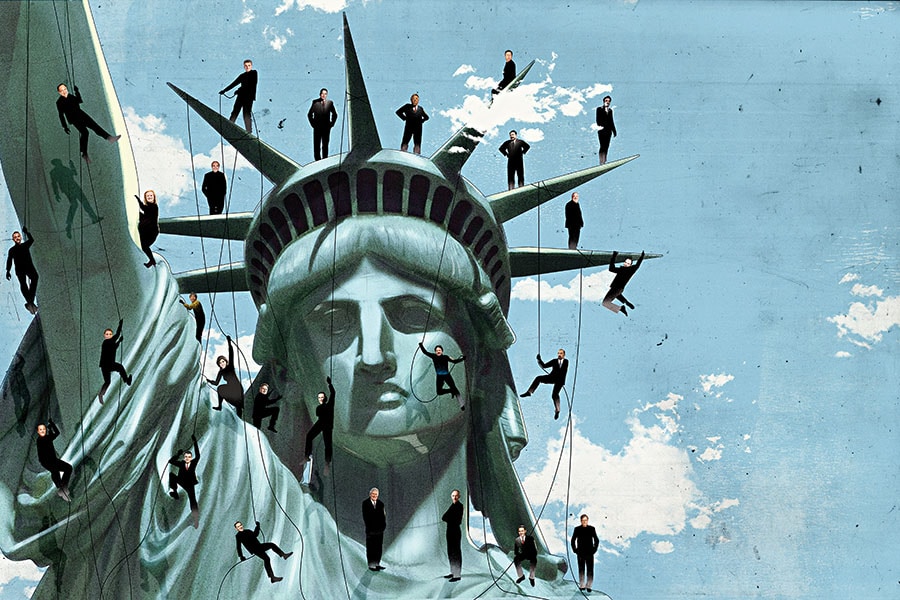 The Summit: These foreign-born entrepreneurs scaled Fortress America’s hostile immigration system to become billionaires, but it has since become even tougher—and the next generation might not be so fortunate
The Summit: These foreign-born entrepreneurs scaled Fortress America’s hostile immigration system to become billionaires, but it has since become even tougher—and the next generation might not be so fortunate
Illustration: Emmanuel Polanco
John S Kim, co-founder of Sendbird, which offers real-time chat and messaging for mobile apps and websites, relocated from his native South Korea to San Francisco five years ago.
He wanted to be close to his US customers like Yahoo, Reddit and Headspace, have access to Silicon Valley venture capital, hire American engineers and expand his company in the US.
He easily obtained an L-1 non-immigrant visa for foreign executives, given that he’d first started the business in South Korea, but by 2019, he had only one extension left. He applied for a green card to get legal permanent residency—and received a letter that he’d likely be denied. “Notice of intent to deny is, ‘We’re going to kick you out; change our mind,’ ” he says. “We had raised $100 million–plus in financing, we had real revenue in the tens of millions of dollars, we were creating jobs. It was a slap in the face, for sure.”
As it turned out, Kim—whose company is now worth more than $1 billion and counts SoftBank and Tiger Global among its investors—was lucky. Two months later, after discussing contigency plans with his CFO and human-resources chief and filing piles of additional documentation, including translations of South Korean military service rules, he got his green card. He still feels traumatised by the experience.
(This story appears in the 30 November, -0001 issue of Forbes India. To visit our Archives, click here.)



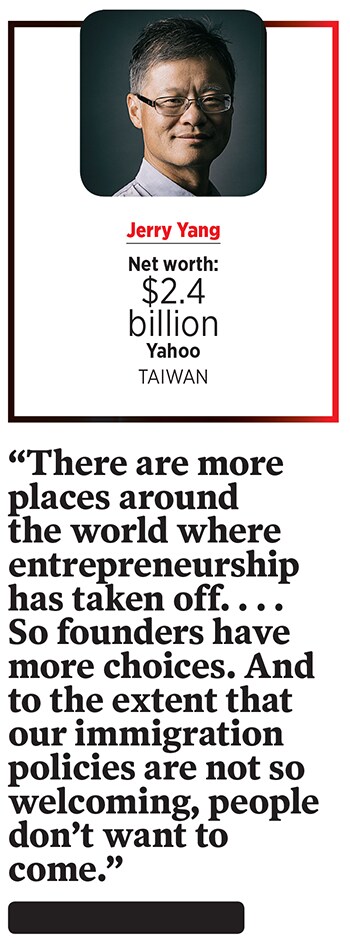 Long a hotbed of entrepreneurialism and a beacon of hope for immigrants, America is now known for a convoluted, highly politicised immigration policy that puts roadblocks in the way of foreign-born founders.
Long a hotbed of entrepreneurialism and a beacon of hope for immigrants, America is now known for a convoluted, highly politicised immigration policy that puts roadblocks in the way of foreign-born founders.  They hold disproportionate numbers of patents for new technologies, employ 8 million people and are represented as founders at more than half of all venture-backed unicorns, including Databricks.
They hold disproportionate numbers of patents for new technologies, employ 8 million people and are represented as founders at more than half of all venture-backed unicorns, including Databricks. 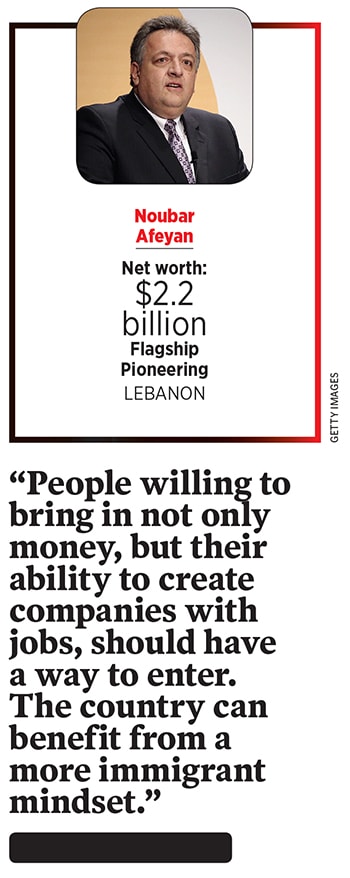 He looked into moving to the US, and received offers of startup funding here, but decided to stay in Singapore and take financing from a large Singaporean investor. Allozymes is just getting started, having raised a quarter of a million dollars.
He looked into moving to the US, and received offers of startup funding here, but decided to stay in Singapore and take financing from a large Singaporean investor. Allozymes is just getting started, having raised a quarter of a million dollars. 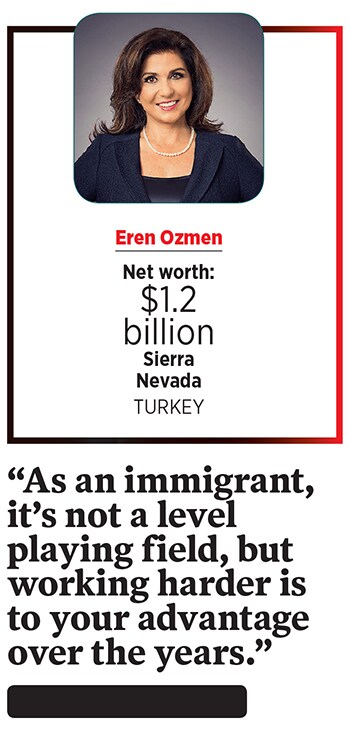
 “The immigration rules we are working under are four decades old,” says Elizabeth Goss, a Boston-based immigration attorney. “Entrepreneurs are job creators.”
“The immigration rules we are working under are four decades old,” says Elizabeth Goss, a Boston-based immigration attorney. “Entrepreneurs are job creators.” 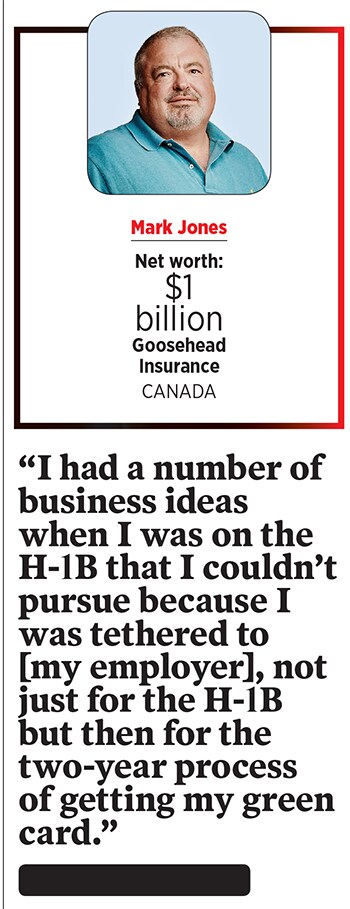 Under the rule, the founders, who must prove they bring some benefit, can work for their startups for two and a half years with the possibility of one extension. When the rule was first proposed under Barack Obama, it was expected to get nearly 3,000 applicants per year—with the potential to create up to 430,000 US jobs over 10 years. Then Trump effectively killed it, with only 28 applying and just one approved in four years.
Under the rule, the founders, who must prove they bring some benefit, can work for their startups for two and a half years with the possibility of one extension. When the rule was first proposed under Barack Obama, it was expected to get nearly 3,000 applicants per year—with the potential to create up to 430,000 US jobs over 10 years. Then Trump effectively killed it, with only 28 applying and just one approved in four years. 



